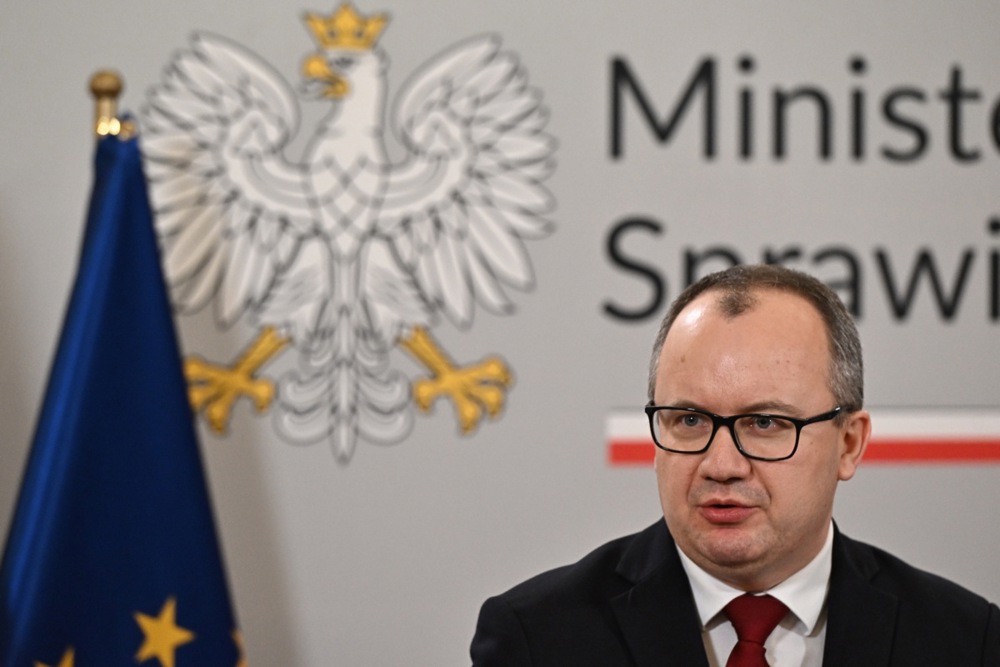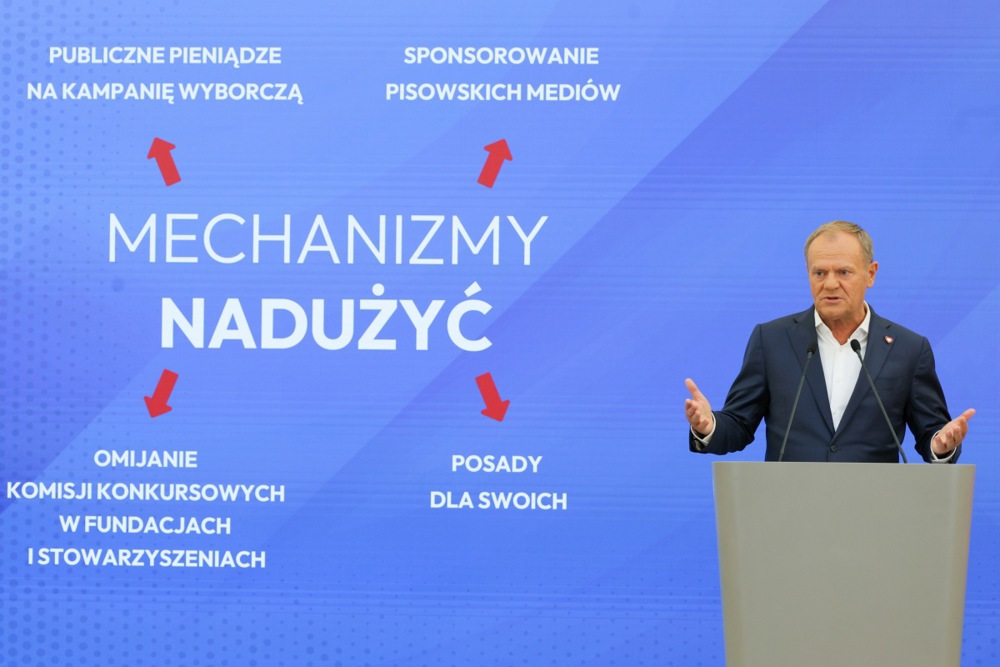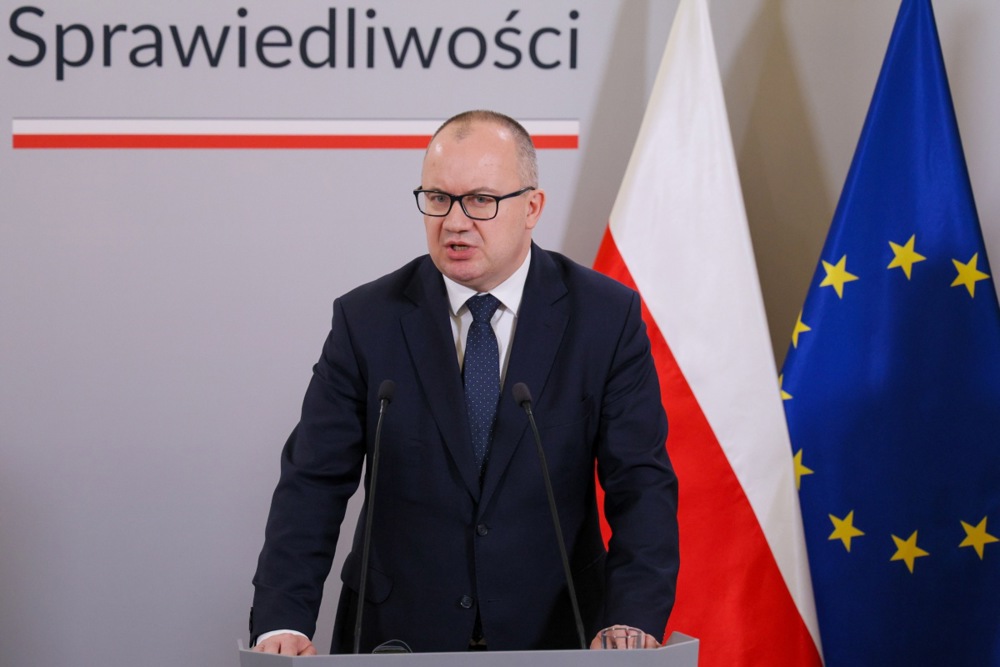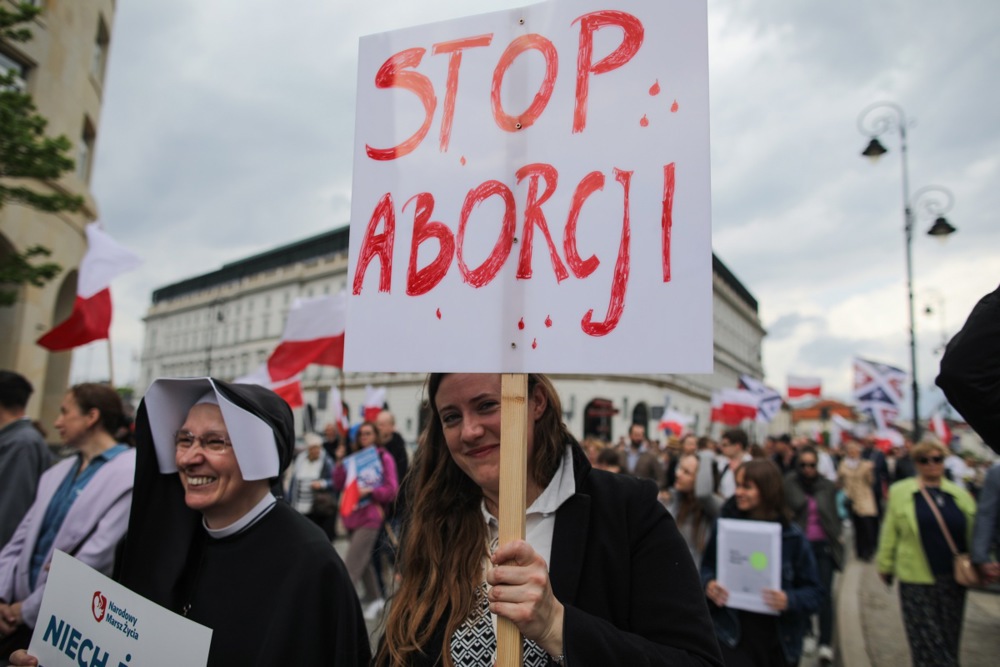Poland’s PM Donald Tusk has admitted to taking legal “short cuts” in his battle to reform the country’s judiciary.
The conference on “ways out of constitutional crisis” held in the Polish parliament on September 10 followed Tusk’s decision to withdraw support for a nomination to the Supreme Court made by President Andrzej Duda, a decision that former chief justice of Poland’s constitutional court, Andrzej Zoll, called illegal and a dangerous precedent.
At the conference Tusk defended the move, saying restoring the rule of law was more important than obeying the letter of the law.
“I mean, we will probably make mistakes more than once, or commit acts that, according to some legal authorities, will be incompatible or not fully in accordance with the provisions of the law,” Tusk told the judges who attended the conference.
“I, daily, have to make decisions that can be very easily criticised and challenged from the legal side,” said Tusk.
He was acting “with full awareness of the risk that not all of them will meet the full criteria of the rule of law, from the point of view of the purists,” he added.
Referring to pressure for reform from Brussels, Tusk said he was guided by the principle that if Poland was “in such a situation that an external force is necessary to guarantee our constitutional order, it would be a tragedy.”
The previous Conservative (PiS) government was challenged by such an “external force”: the European Commission and the European Court of Justice.
Both bodies called into question the government’s judicial reforms, and sanctioned Poland by withholding EU post-pandemic and structural funds.
Tusk supported those sanctions while in opposition, and now President Andrzej Duda and the PiS have unsuccessfully sought the European Commission’s intervention after what they describe as abuses of power by Tusk.
Tusk’s arguments that a liberal democracy can take any steps necessary to preserve freedom could also justify a government outlawing parties, preventing demonstrations, and suppressing free speech, said Bartosz Lewandowski, a lawyer from conservative think tank Ordo Iuris.
The government’s crackdown on its PiS opponents, Independence March protests, and its purge of public media and other public institutions all fit into this pattern, concluded Lewandowski.





